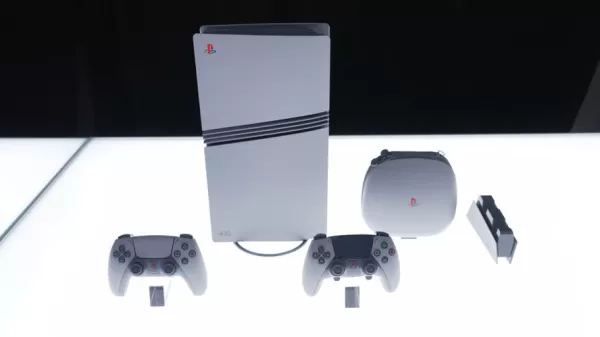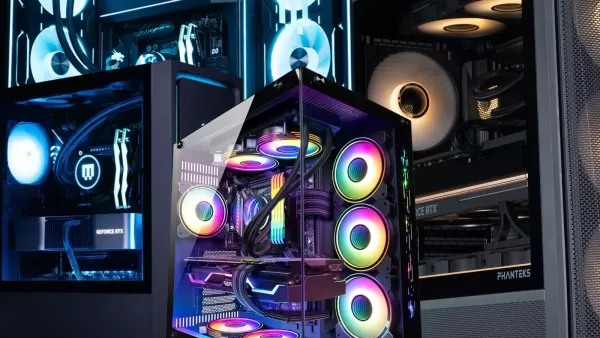Sony is evaluating potential price adjustments to offset significant tariff-related financial impacts.
During its fiscal year 2025 earnings presentation, company executives addressed the operational challenges posed by U.S. tariffs. CFO Lin Tao disclosed that these tariffs could cost Sony approximately ¥100 billion ($685 million) if current trade policies remain unchanged. The company's extensive hardware manufacturing operations, including PlayStation 5 production, make it particularly vulnerable to these trade restrictions.
Tao indicated Sony may implement price increases on hardware products, potentially affecting PS5 pricing. "Beyond direct tariff calculations, we're analyzing market conditions to determine possible price adjustments and distribution strategies," Tao explained during the investor briefing. "We're exploring multiple approaches to mitigate this ¥100 billion impact."
CEO Hiroki Totoki specifically addressed PlayStation operations, mentioning potential U.S.-based console manufacturing as a tariff-avoidance strategy. "Local production would improve efficiency," Totoki noted. "While PS5 is currently manufactured globally, U.S. production deserves consideration. However, this isn't an immediate necessity."
Sony's Hiroki Totoki is considering producing the PS5 in the United States due to the Tarrifs. "It needs to be considered going forward" — Destin (@DestinLegarie) May 14, 2025
Industry analysts speculate Sony may follow competitors by increasing game prices to $80. There's growing anticipation about potential PS5 family price hikes, particularly for the rumored PS5 Pro model, prompting some consumers to make purchases preemptively.
Daniel Ahmad, Niko Partners' Research Director, noted: "Sony has implemented console price increases in several regions but has hesitated in the U.S. market due to its significance. However, PS5 price adjustments stateside appear increasingly plausible."
PS5 Pro 30th Anniversary Edition: A Detailed Visual Showcase


View 14 Images



James McWhirter, Omdia's Senior Analyst, added: "China-based PS5 manufacturing creates tariff vulnerabilities. Historically, Q4 accounts for nearly half of annual console sales, providing inventory cushioning. While consoles received 2019 tariff exemptions, these took until August to implement. With Microsoft's recent pricing changes, Sony may now reconsider U.S. PS5 pricing—a particularly challenging decision given the market's sensitivity."








